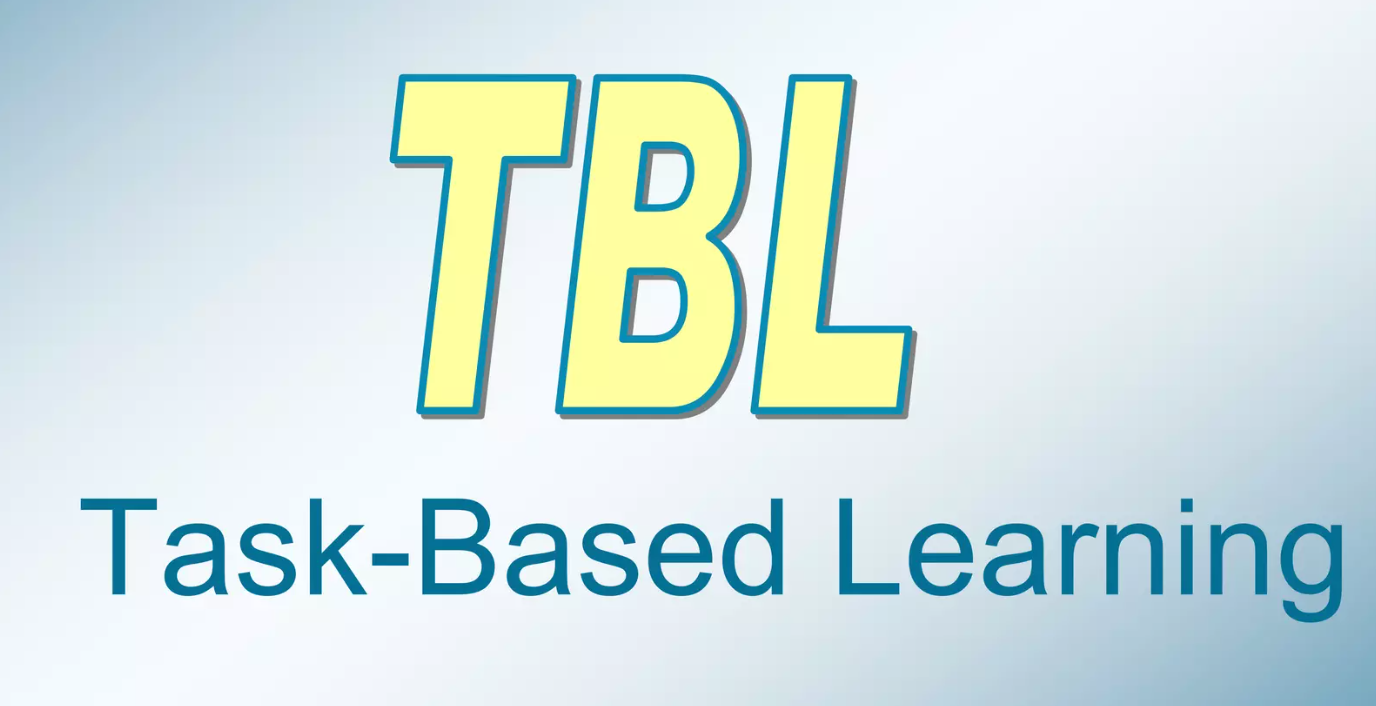
ABSTRACT: This qualitative case study explores the influence of Task-Based Language Teaching (TBLT) on the writing proficiency of third-year undergraduate students at a university in Bangladesh. Utilizing interviews and focus group discussions involving 10 participants, the research delves into both the experiences and challenges encountered during the implementation of TBLT for enhancing writing skills. In accordance with existing scholarship, the outcomes demonstrate the transformative effects of TBLT on participants' writing abilities, highlighting the collaborative aspects of TBLT tasks and their contribution to authentic language learning experiences. Challenges identified encompass difficulties in task comprehension and time constraints, aligning with broader discussions on task-based methodologies. The study underscores the pivotal role of educators in the successful integration of TBLT and observes a notable shift in participants' writing approaches toward more communicative and purposeful expression. The identified challenges emphasize the significance of context-specific considerations when implementing innovative language teaching methodologies. In conclusion, this study contributes to the ongoing discourse on the efficacy of TBLT in diverse educational settings, emphasizing the necessity for tailored approaches to maximize its effectiveness.
Keywords: Task-Based Language Teaching (TBLT); Writing skills; Higher education; Language teaching methodologies; Bangladesh
